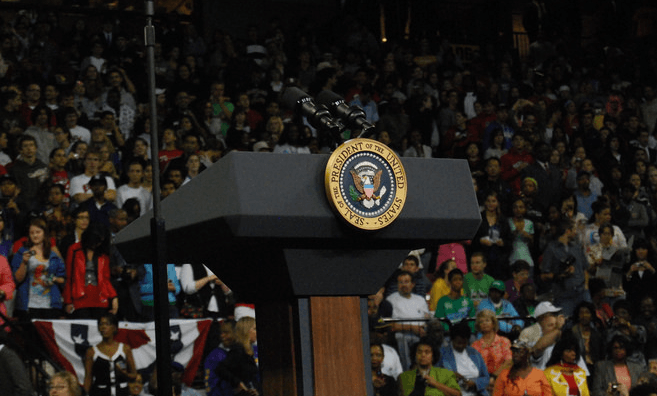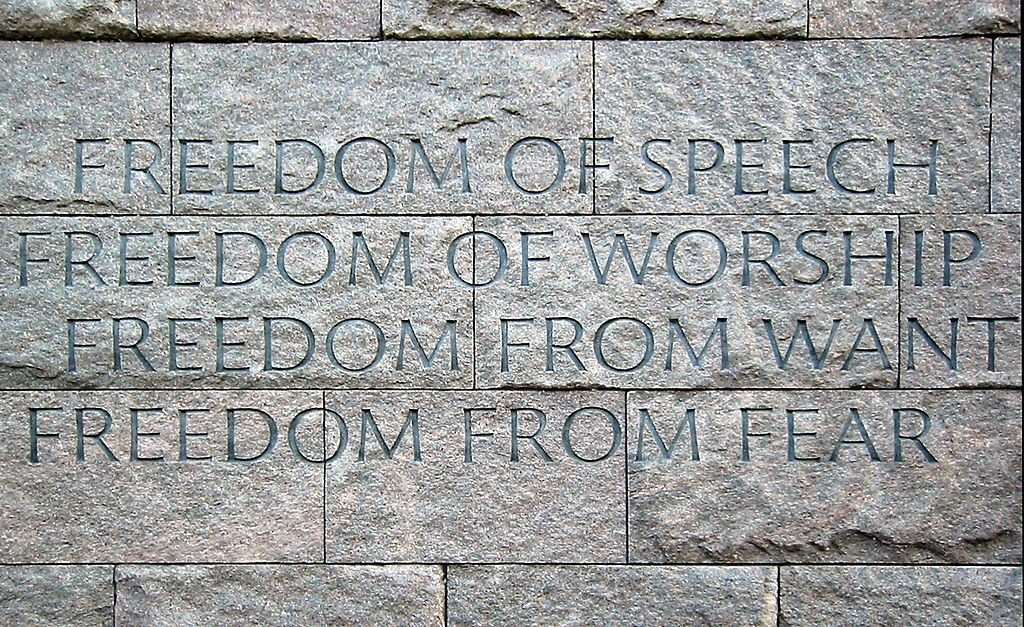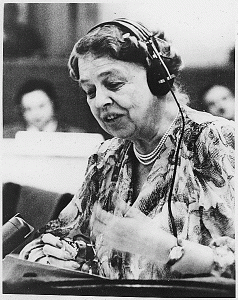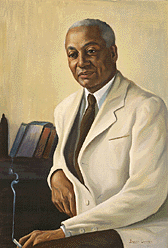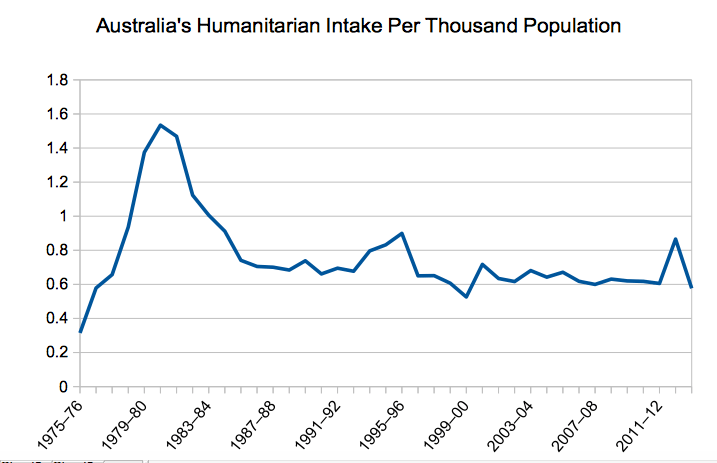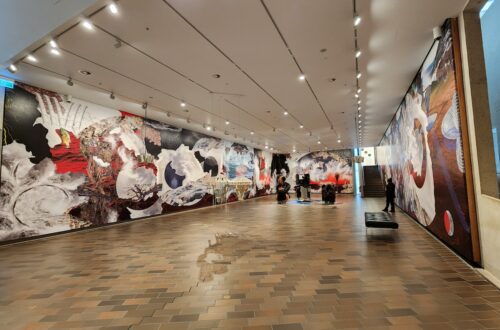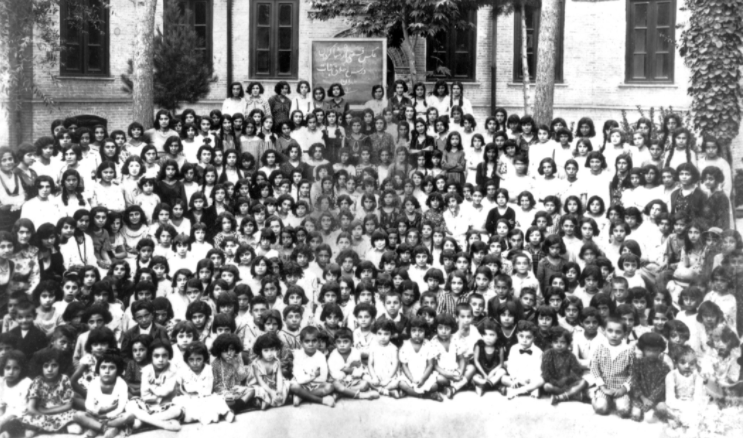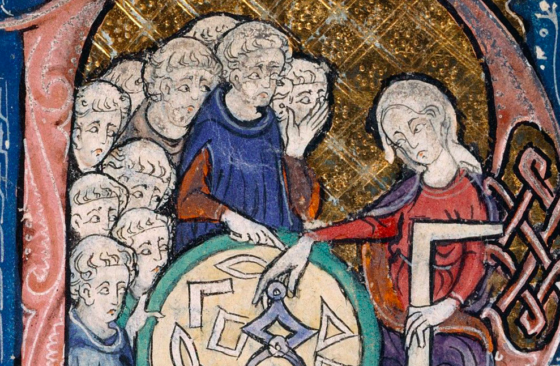-
Electing the President
There is something fascinating about the “contest” which elects the President of the United States. The 2016 election is no exception. Candidates who weren’t imagined before the election year have come to the fore and with them the discourse and the “contest” has been thrown open. Issues of gender are right on the surface. And the fact that a women has never been elected as President is one of the issues. Gender issues are present in other ways. Women’s bodies and women’s rights have repeatedly surfaced as a political football. Issues of race are prominent, who is allowed to belong – who needs to be locked out. Who can claim…
-
Crossing Over: does immigration policy discriminate?
Does immigration policy discriminate? The White Australia policy is gone – so we might conclude that it doesn’t. And indeed Australia would be unrecognisable to those who created the White Australia policy at the end of the 19th century. Times change and such racist practices are now a condemned part of the past. Today Australia celebrates the diversity and strength of its people: actively creating pathways and welcoming individuals and families from around the world into its community. Race is not relevant. That’s not the full story of course. Currently a human rights inquiry is investigating the treatment of children in Australian immigration prisons. These are children from families, or…
-
Gattaca dystopia: future, present or the past?
It’s hard to work out if the 1997 movie Gattaca presents a vision of triumph or failure of humanity. It presents a dystopian future which echoes the dystopian elements of our present and past. In this future, people are judged solely by their genetic scorecard. Those whose parents do not engineer them for success before birth are marked out as an underclass fit only for menial tasks. Those who try to cross the genetic border are ‘de-generates’ and ‘invalids’ – a criminal other. The “genoism” (discrimination) that arises from the use of genes to judge human worth, echoes the race science of Nazism and early 20th century eugenics in…
-
No One is Illegal
“You who are so-called illegal aliens must know that no human being is ‘illegal’. That is a contradiction in terms. Human beings can be beautiful or more beautiful, they can be fat or skinny, they can be right or wrong, but illegal? How can a human being be illegal?” Elie Wiesel, holocaust survivor, nobel peace prize recipient. If you search for the phrase “No One is Illegal” – you’ll see that its an idea that’s catching on. People are finding the idea relevant in places such as Vancouver, the UK, Montreal, Ottawa, Toronto, Melbourne, Tubingen, Poland and Sweden. Organisations such as change.org and colorlines are speaking out against use of…
-
Hometown Foreigners
We traditionally define a “foreigner” as someone who comes from a country other than our own. But that definition is too easy. It does not fully encompass the range of people who find themselves “foreigners” in their own hometowns (that is facing exclusion and discrimination): sometimes because of the occupation they hold. The Japanese film “Okuribito,” known among English-speaking audiences as “Departures,” explores the subtle but serious stigma that society can attach to certain lines of work. The movie, which won the 2009 Academy Award for Best Foreign Language Film, focuses on the life of Daigo, the protagonist, who loses his job as a cellist in Tokyo and moves back…
-
The Crisis of Human Rights: Discrimination Against Non-Citizens
The basic idea at the heart of human rights is that all human beings are equal: equal in rights – equal in human dignity. This idea is universally accepted and believed. At the same time another idea – the idea that we are separately citizens of different countries is also a feature of the modern world – and the way it is practised has led to enormous discrimination and violation of human rights. In reality people, as a matter of law, have different fundamental rights even though we believe that all human beings are equal. In a recent paper titled “Human Rights in the Age of Migration: An Empirical Analysis of Human…
